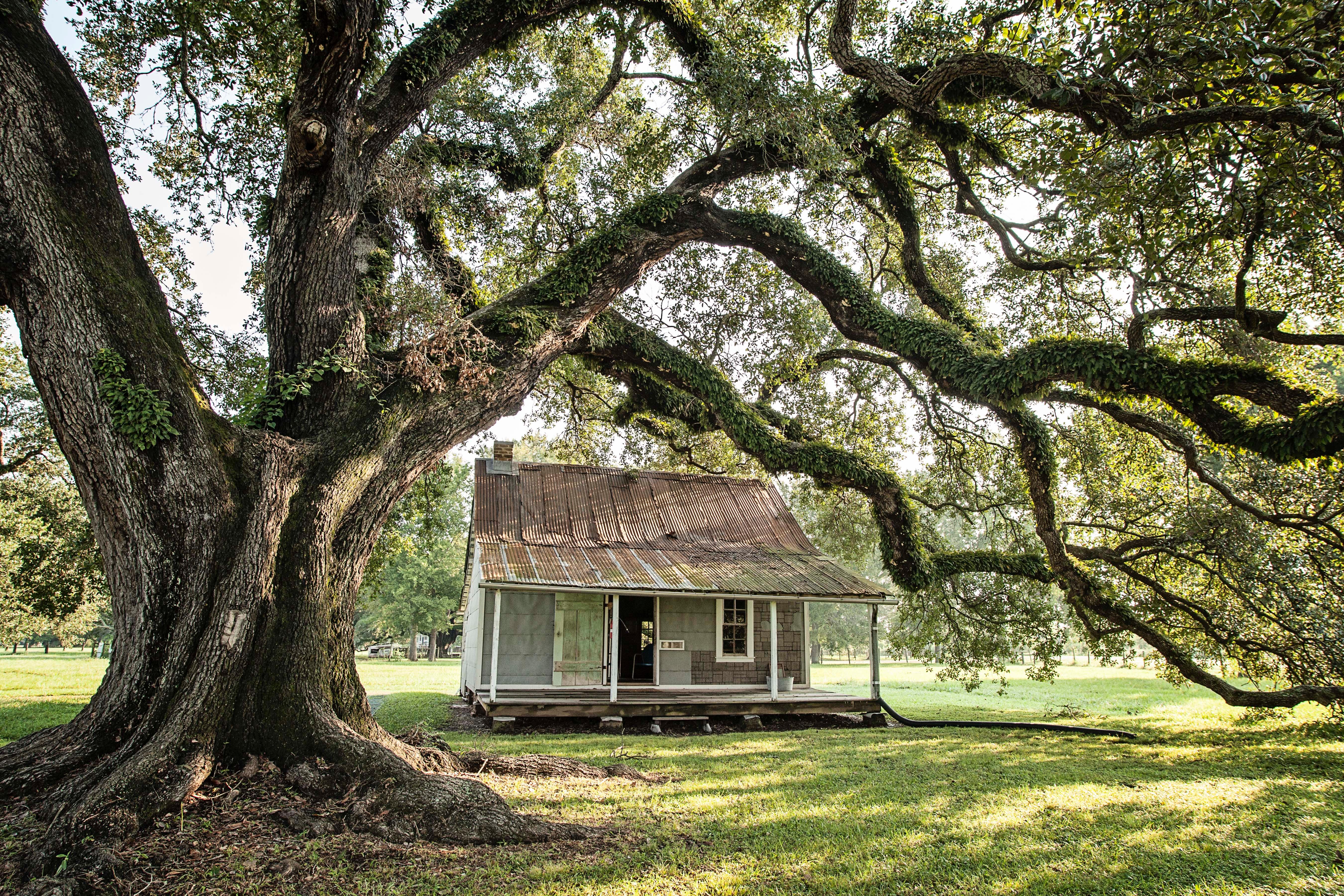
One of two remaining cabins built for enslaved workers on Oakland Plantation. The cabin was lived in by sharecroppers into the 1960s.
Cane River Creole
The Cane River region is home to a unique culture; the Creoles. Generations of the same families of workers, enslaved and tenant, and owners lived on these lands for over 200 years. The park tells their stories and preserves the cultural landscape of
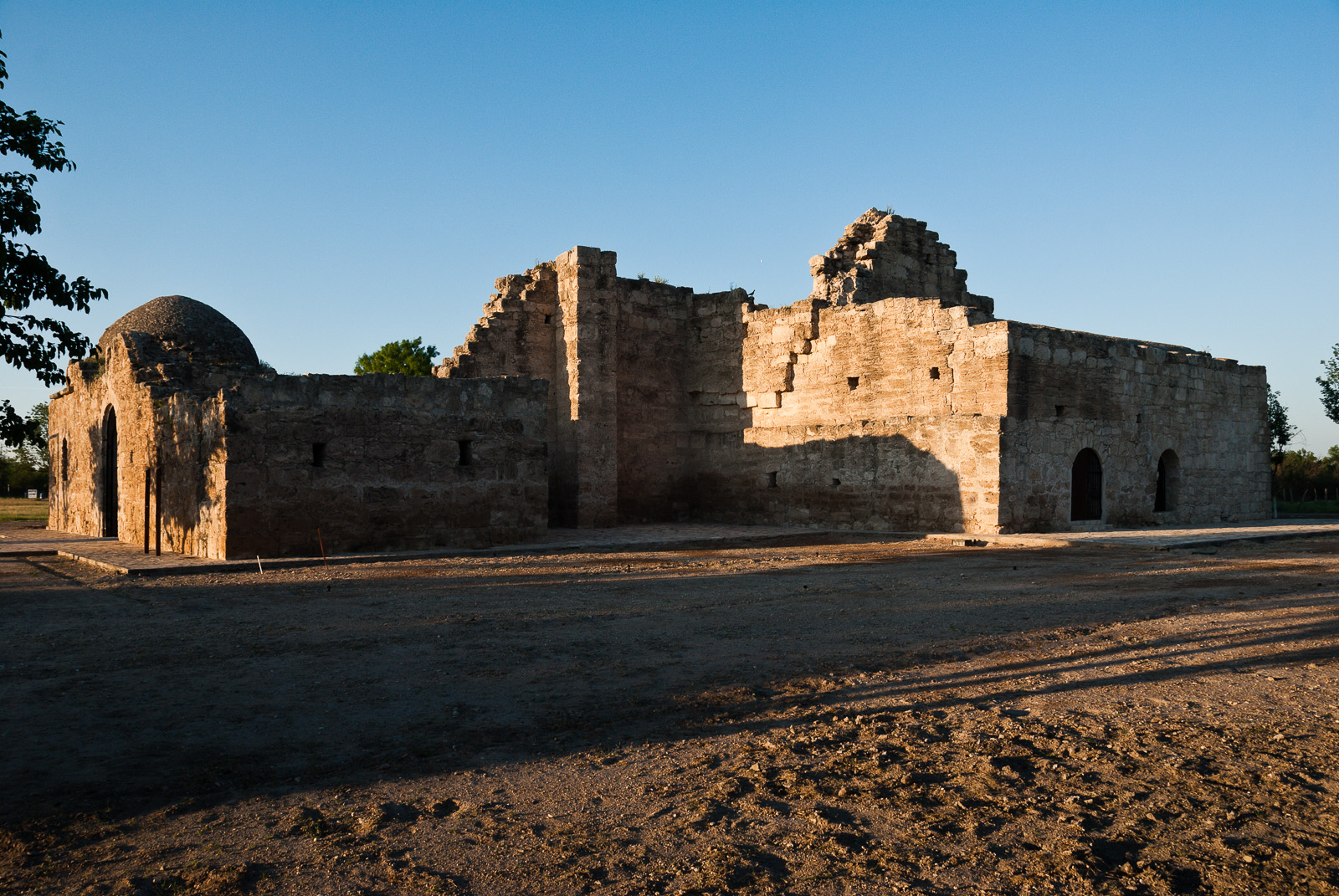
Construction of the mission church began in 1760 but was never completed. The outstanding ruins are virtually the only visible remains of the complex of missions established in the area. The purpose was to convert Coahuiltecan Indians to Catholicism.
El Camino Real de los Tejas
Explore a diverse array of histories contained within El Camino Real de los Tejas’ 150-year life, including the Spanish struggle to missionize American Indian nations, the growth of cattle ranching in the Mexican period, and the movement for Texan in
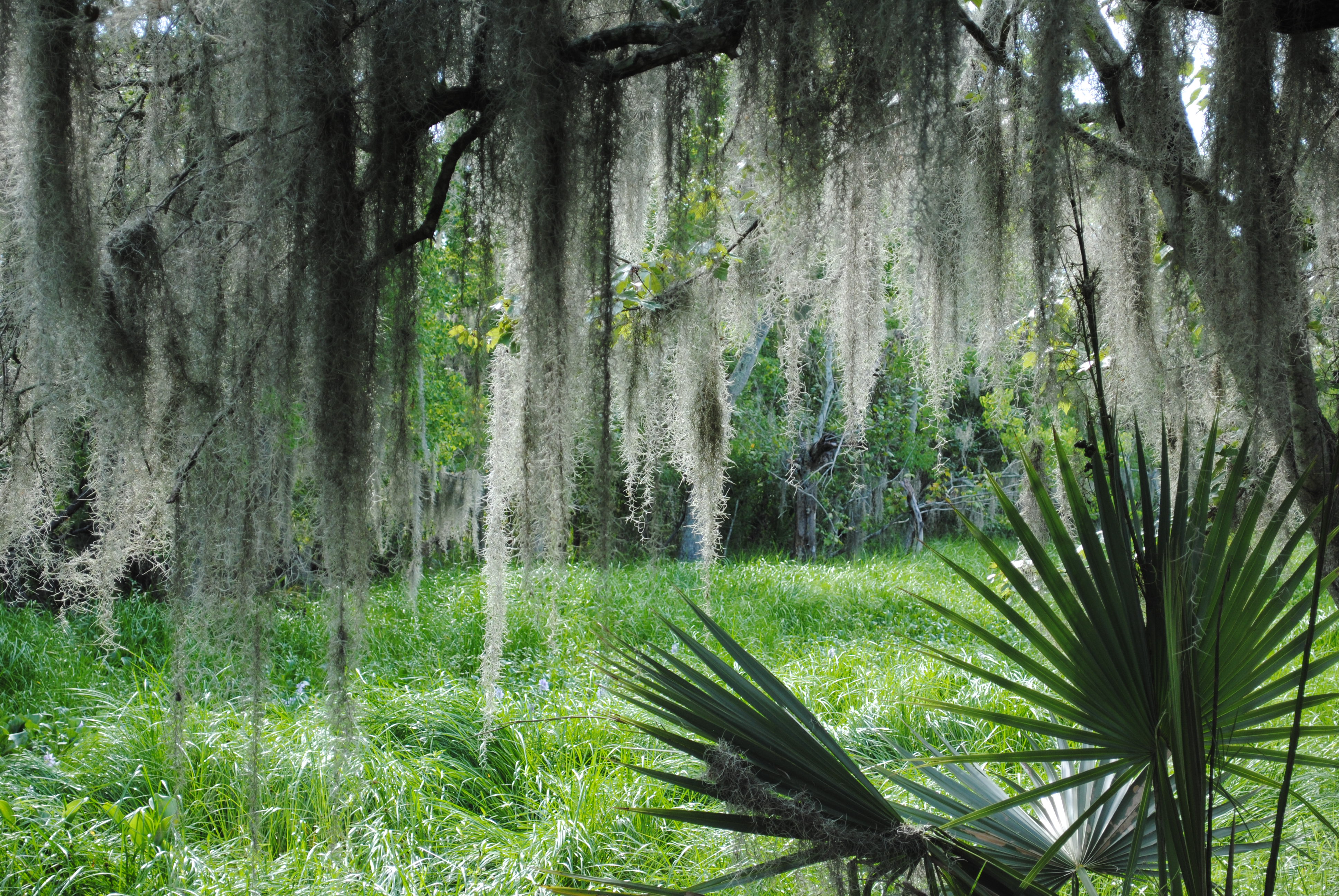
Spanish moss and lush vegetation provide glimpses of Louisiana's wild wetlands at Jean Lafitte's Barataria Preserve.
Jean Lafitte
In Jean Lafitte's day, silver and gold filled a pirate's treasure chest, but today's treasures are people, places, and memories. Discover New Orleans’ rich cultural mix. Learn Cajun traditions from people who live them. Watch an alligator bask on a b
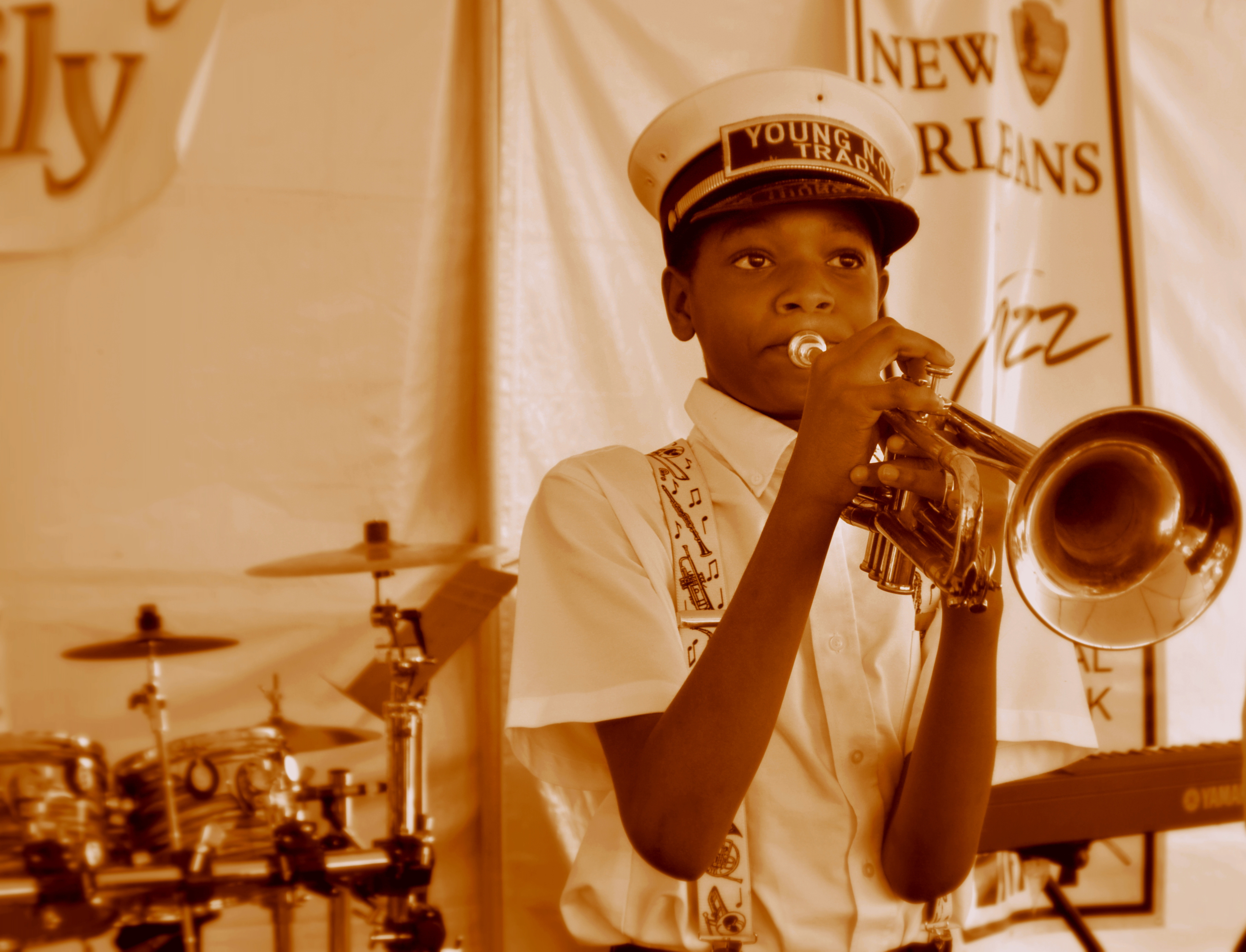
The park works with local partners to share jazz at community events, festivals, and other venues.
New Orleans Jazz
Discover the roots of jazz at the New Orleans Jazz National Historical Park. Located in the heart of the French Quarter, our park offers live performances, exhibits, and programs that celebrate the legacy of America's unique musical art form. Immerse
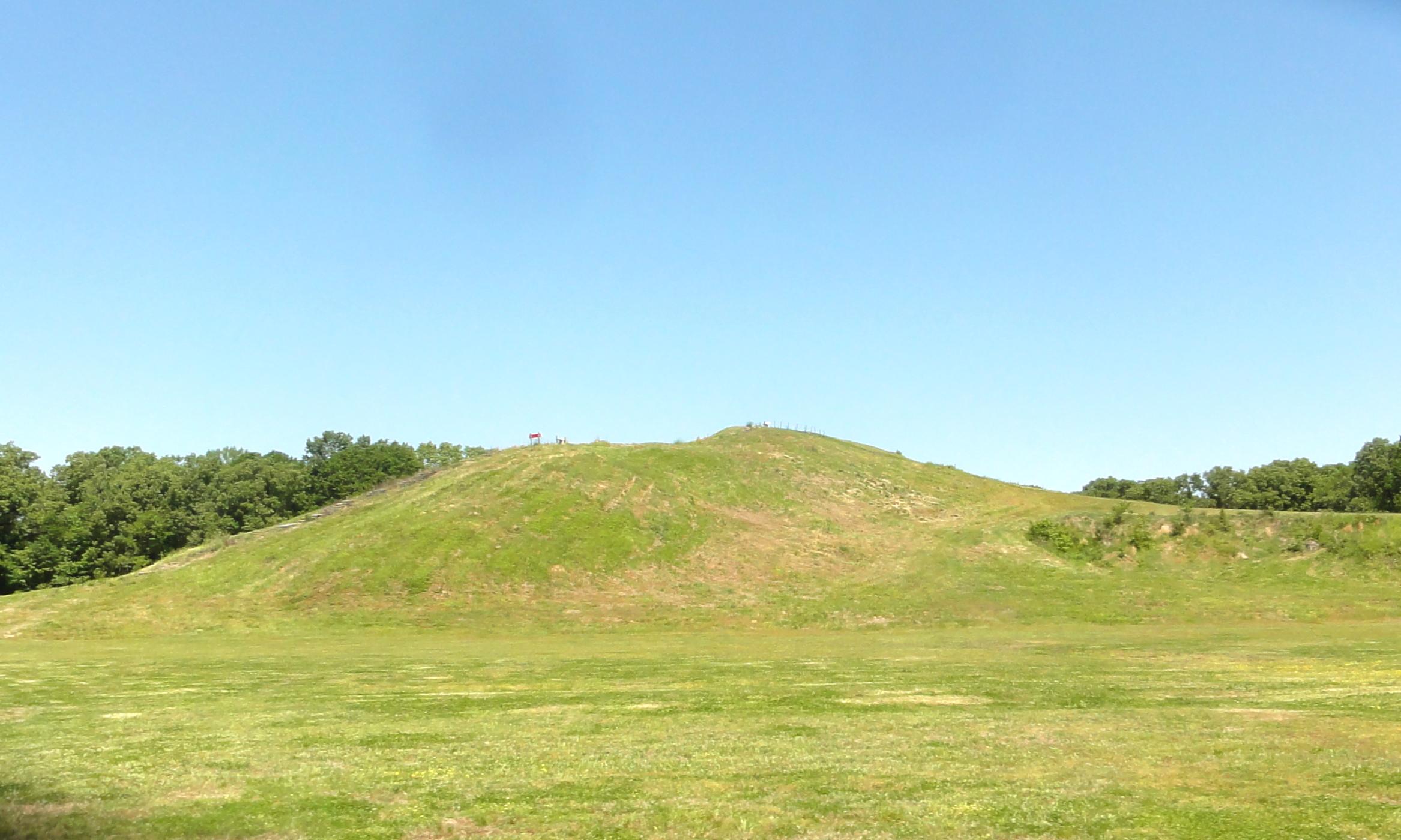
A grassy green mound.
Poverty Point
Now a nearly forgotten culture, Poverty Point at its peak 3,000 years ago was part of an enormous trading network that stretched for hundreds of miles across the continent. It was - and is - also an engineering marvel, the product of five million hou
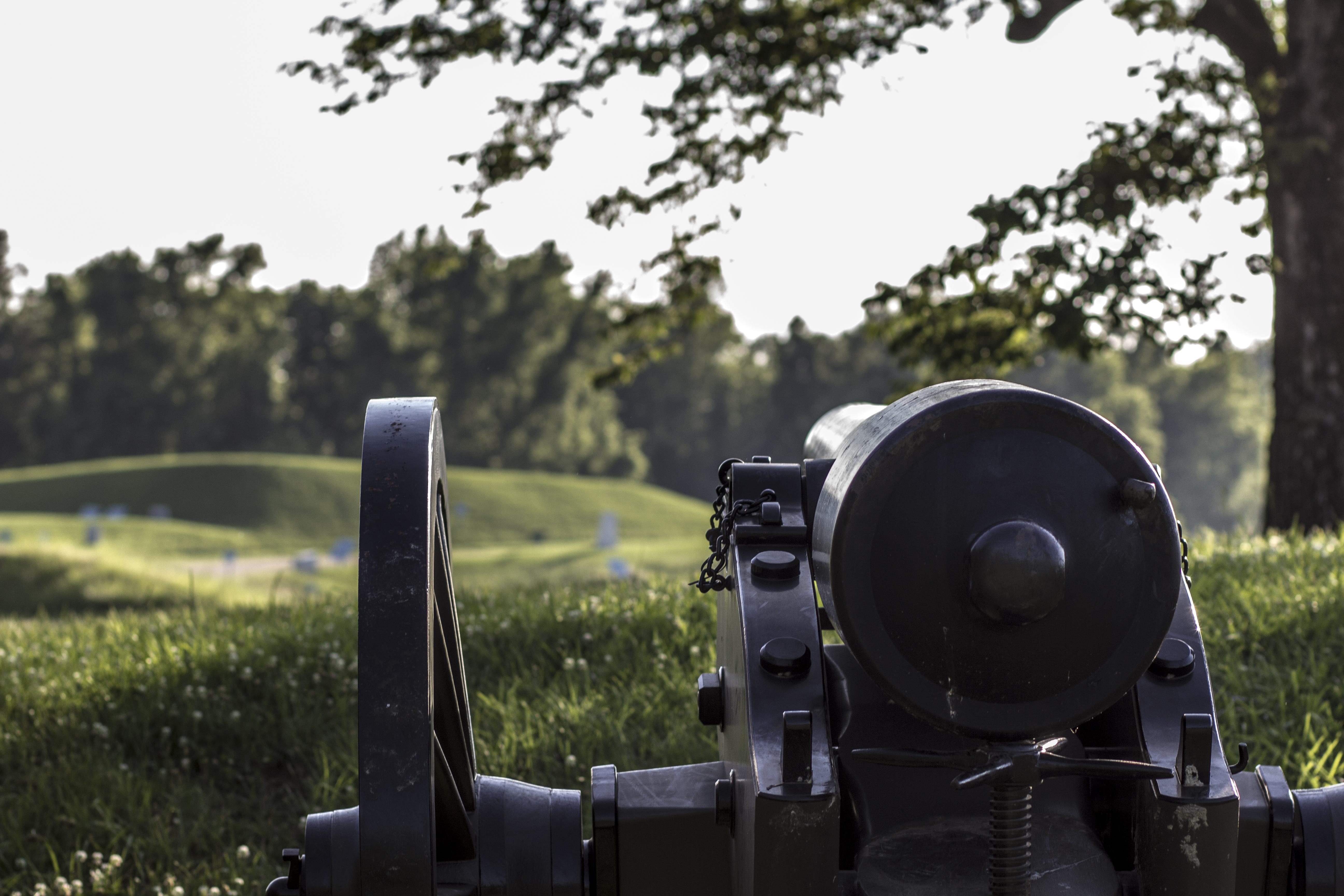
The Union artillery played a major role in the outcome of the Vicksburg Campaign.
Vicksburg
To Confederate President Jefferson Davis, Vicksburg was the "nailhead that holds the South's two halves together." President Abraham Lincoln remarked "Vicksburg is the key" to victory, and could be the north's lifeline into the south. As the federals